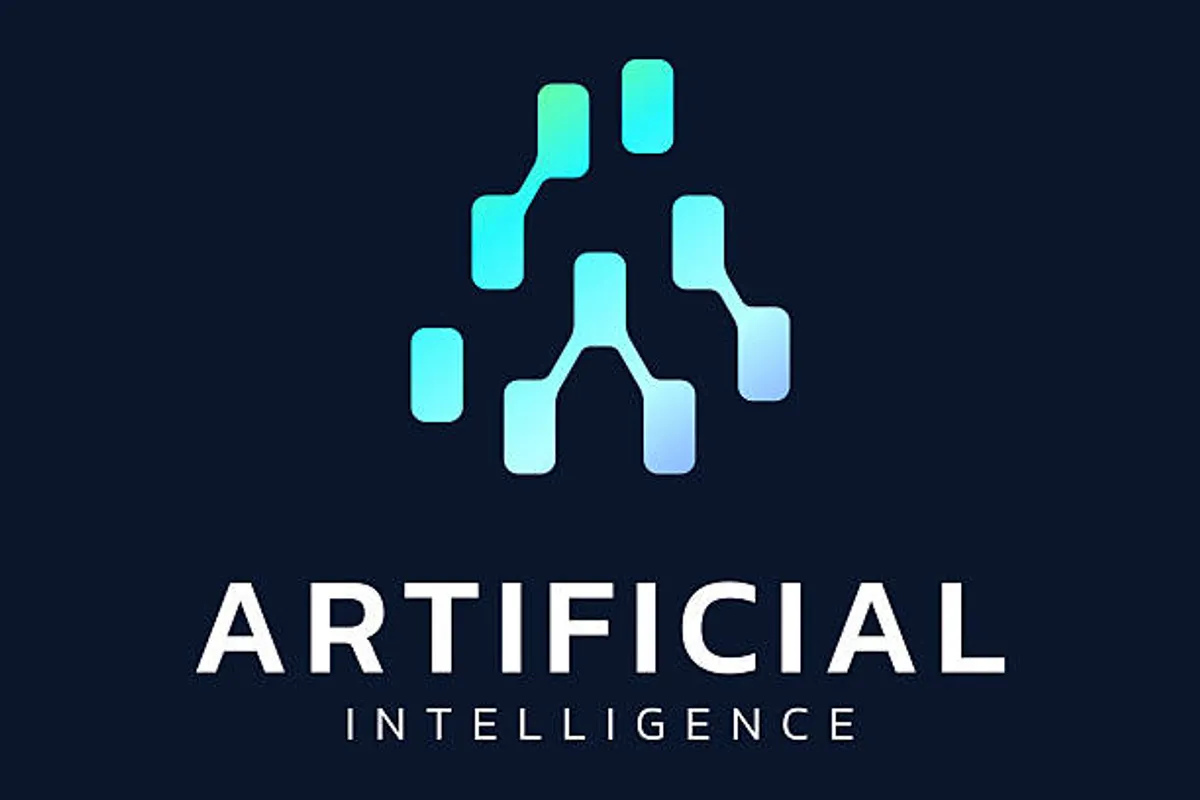OpenAI Faces Seven Lawsuits Alleging ChatGPT Caused Suicides and Delusions

GeokHub

OpenAI, the developer behind ChatGPT, is facing a wave of legal challenges as seven lawsuits have been filed in California, accusing the company’s AI chatbot of contributing to cases of suicide and psychological distress. The complaints, brought by the families of six adults and one teenager, allege that prolonged interaction with ChatGPT led to mental instability, delusional thinking, and, in some instances, fatal outcomes.
According to court filings, plaintiffs argue that OpenAI “failed to implement sufficient safeguards” to prevent harmful responses in emotionally sensitive situations. They claim that the AI model’s increasingly human-like tone blurred the line between machine and companion, creating dangerous dependencies for vulnerable users.
One case reportedly involves a 17-year-old student who turned to ChatGPT for help with anxiety but later exhibited signs of psychological breakdown before taking his own life. Another complaint describes how an adult user became convinced the chatbot was sentient, a delusion that deepened over several months.
OpenAI has not publicly commented in detail but described the incidents as “heartbreaking.” The company stated that it continues to improve its safety systems and emphasized that ChatGPT was never intended to offer mental health or crisis advice.
Analysis:
The lawsuits mark a turning point in the global conversation about AI accountability and mental health. As chatbots become more advanced and personal in tone, the boundaries between human empathy and artificial response are becoming increasingly blurred. Legal experts say these cases could shape the next era of AI regulation, forcing companies to take greater responsibility for user well-being.
Psychologists and tech ethicists have long warned that AI systems capable of emotional engagement may unintentionally exploit loneliness or psychological vulnerability. The OpenAI cases could prompt tighter global standards governing how conversational AI interacts with distressed users.








